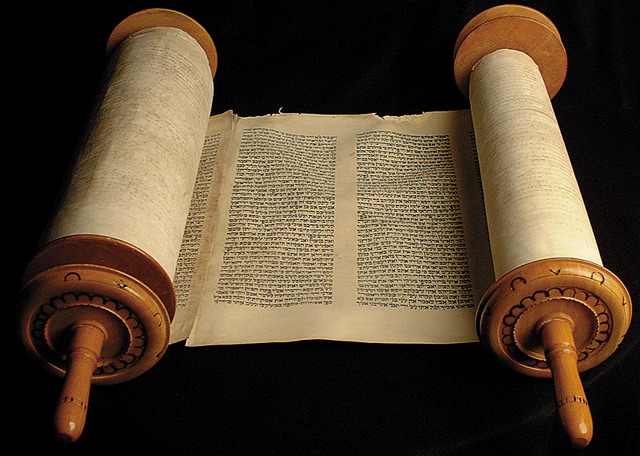
Law Of Moses
Precepts Given to Guard Decalogue.
“Remember ye the law of Moses my servant, which I commanded unto him in Horeb for all Israel, with the statutes and judgments.”
Malachi 4:4
“Christ's Death Lifts the Veil.—
“The death of Jesus Christ for the redemption of man lifts the veil and reflects a flood of light back hundreds of years, upon the whole institution of the Jewish system of religion. Without the death of Christ all this system was meaningless. The Jews reject Christ, and therefore their whole system of religion is to them indefinite, unexplainable, and uncertain. They attach as much importance to shadowy ceremonies of types which have met their antitype as they do to the law of the ten commandments, which was not a shadow, but a reality as enduring as the throne of Jehovah. The death of Christ elevates the Jewish system of types and ordinances, showing that they were of divine appointment, and for the purpose of keeping faith alive in the hearts of His people 18 (Hebrews 12:2; see EGW on Psalm 19:14; Romans 8:29; Ephesians 4:20-24; Colossians 3:10; Revelation 7:4-17). The Matchless Charms of Jesus.--Look to Christ, behold the attractive loveliness of His character, and by beholding you will become changed into His likeness.”
6BC 1097
---------------------------------
“In consequence of continual transgression, the moral law was repeated in awful grandeur from Sinai. Christ gave to Moses religious precepts, which were to govern the everyday life. These statutes were explicitly given to guard the Ten Commandments. They were not shadowy types to pass away with the death of Christ. They were to be binding upon man in every age as long as time should last. These commands were enforced by the power of the moral law, and they clearly and definitely explained that law.
Christ became sin for the fallen race, in taking upon himself the condemnation resting upon the sinner for his transgression of the law of God. Christ stood at the head of the human family as their representative. He had taken upon himself the sins of the world. In the likeness of sinful flesh he condemned sin in the flesh. He recognized the claims of the Jewish law until his death, when type met antitype. In the miracle he performed for the leper, he bade him go to the priests with an offering in accordance with the law of Moses. Thus he sanctioned the law requiring offerings.
Christians who profess to be Bible students can appreciate more fully than ancient Israel did the full signification of the ceremonial ordinances that they were required to observe. If they are indeed Christians, they are prepared to acknowledge the sacredness and importance of the shadowy types, as they see the accomplishment of the events, which they represent. The death of Christ gives the Christian a correct knowledge of the system of ceremonies and explains prophecies, which still remain obscure to the Jews. Moses of himself framed no law. Christ, the angel whom God had appointed to go before his chosen people, gave to Moses statutes and requirements necessary to a living religion and to govern the people of God. Christians commit a terrible mistake in calling this law severe and arbitrary, and then contrasting it with the gospel and mission of Christ in his ministry on earth, as though he were in opposition to the just precepts, which they call the law of Moses.
The law of Jehovah, dating back to creation, was comprised in the two great principles, "Thou shalt love the Lord thy God with all thy heart, and with all thy soul, and with all thy mind, and with all thy strength. This is the first commandment. And the second is like, namely this: Thou shalt love thy neighbor as thyself. There is none other commandment greater than these." These two great principles embrace the first four commandments, showing the duty of man to God, and the last six, showing the duty of man to his fellowman. The principles were more explicitly stated to man after the fall, and worded to meet the case of fallen intelligences. This was necessary in consequence of the minds of men being blinded by transgression.
God graciously spoke his law and wrote it with his own finger on stone, making a solemn covenant with his people at Sinai. God acknowledged them as his peculiar treasure above all people upon the earth. Christ, who went before Moses in the wilderness, made the principles of morality and religion more clear by particular precepts, specifying the duty of man to God and his fellow-men, for the purpose of protecting life, and guarding the sacred law of God, that it should not be entirely forgotten in the midst of an apostate world.”
RH, May 6, 1875
Precepts Given to Guard Decalogue.